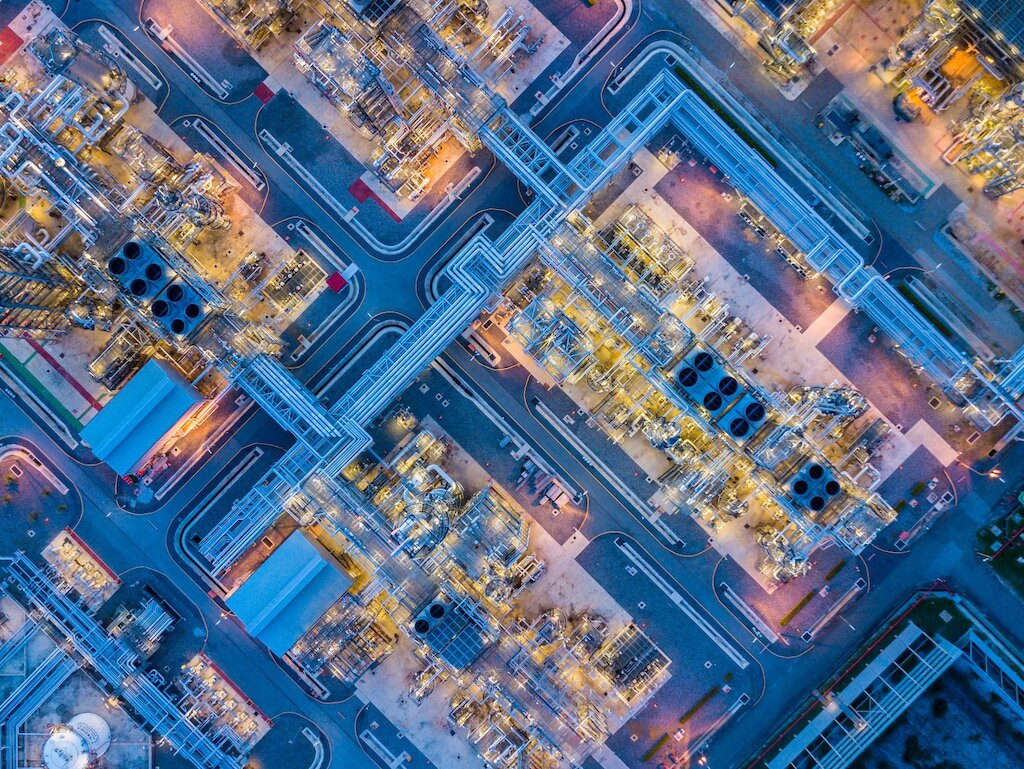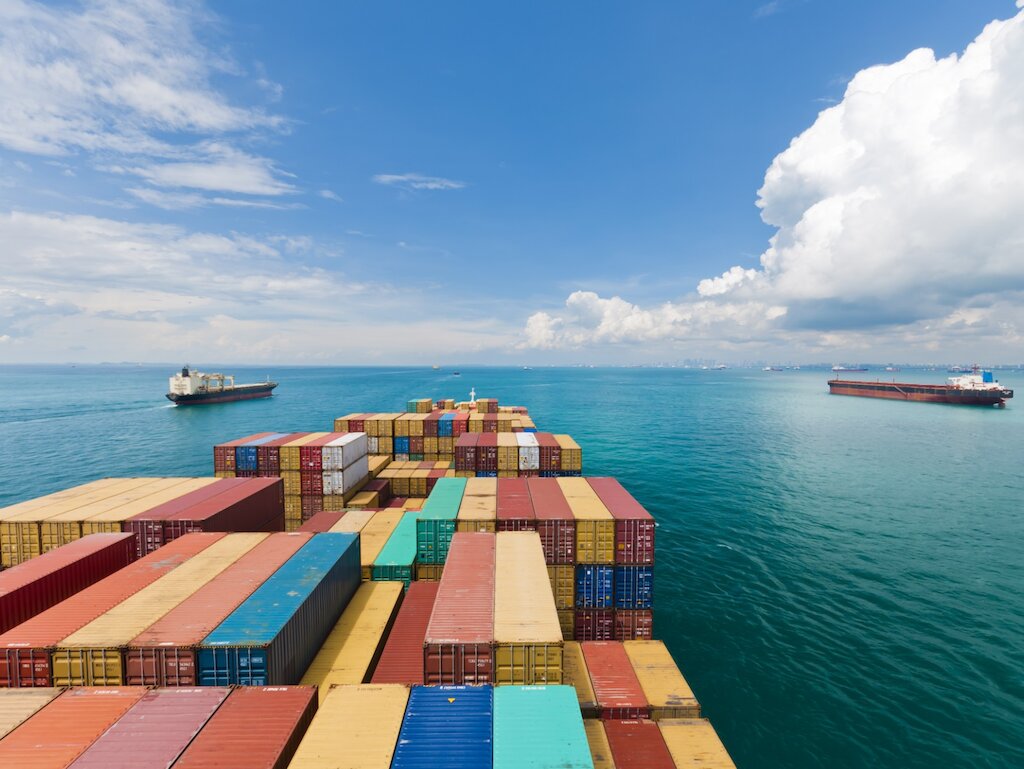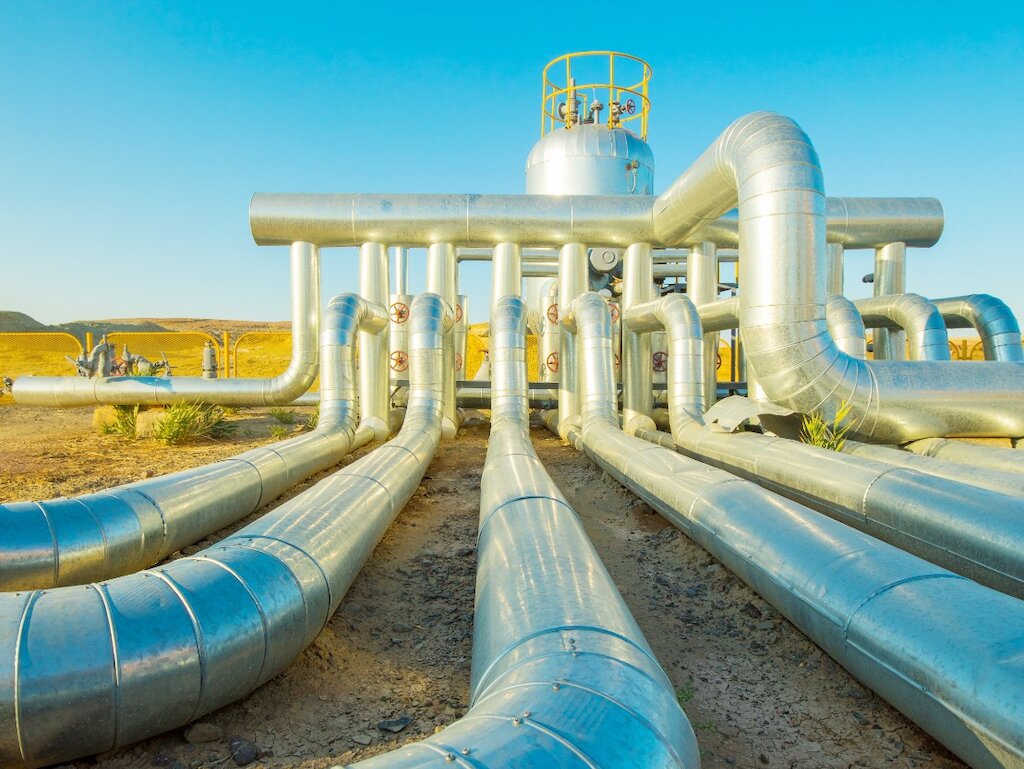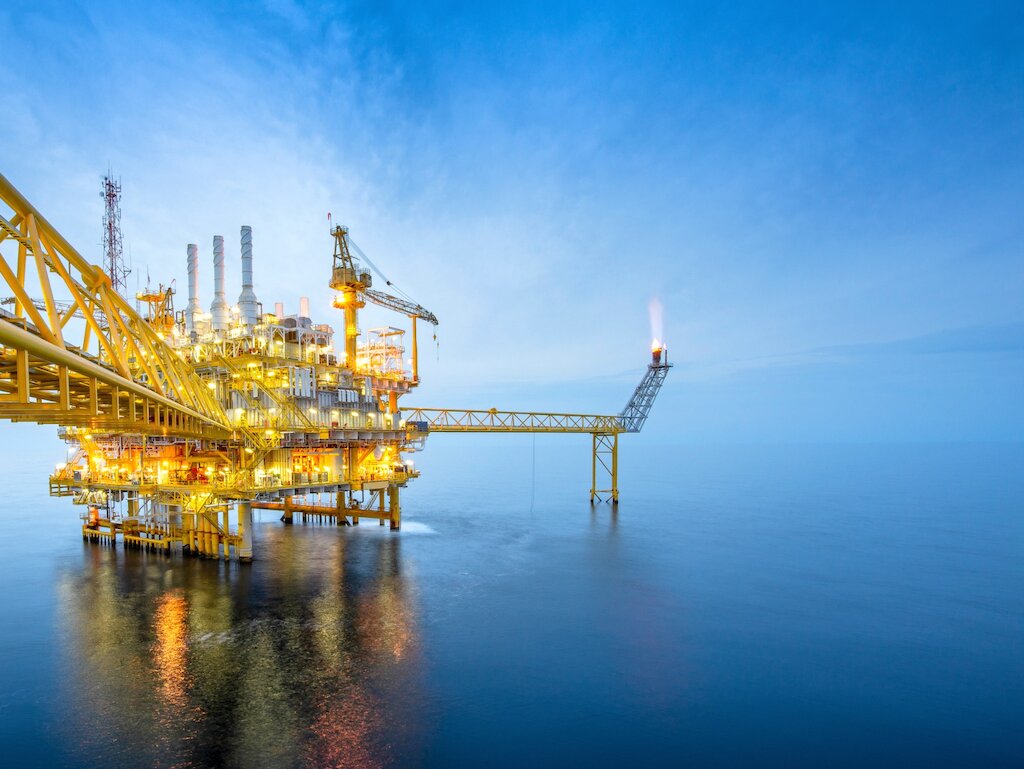Many Ipieca member companies have for a number of years been successfully reducing gas flaring, which is the combustion of natural gas produced as a by-product of petroleum production operations. Although flaring reduction makes good environmental and business sense, there is still a stubbornly high level of routine flaring globally.
The World Bank's Global Gas Flaring Reduction Partnership (GGFR) is a public-private endeavour comprised of governments, oil companies and multilateral organizations working to end routine gas flaring at oil production sites around the world. Launched in 2002 at the World Summit on Sustainable Development in Johannesburg, GGFR primarily focuses on:
- helping governments monetize associated gas and develop regulatory policies/frameworks;
- conducting research;
- raising awareness;
- exploring new technologies;
- disseminating best practices; and
- helping develop country-specific gas flaring reduction programmes.
In 2015, the UN Secretary-General and World Bank President launched the Zero Routine Flaring by 2030 Initiative (ZRF) that commits endorsers to not routinely flare gas in new oil field developments and to end routine flaring at existing oil production sites as soon as possible and no later than 2030. Ipieca is a supporter of the ZRF initiative.
In this webinar Zubin Bamji, GGFR's Program Manager, will present the World Bank's flare reduction strategy. This is timely and especially important, given that global gas flaring increased in 2018 after several years of decline. The 145 billion cubic meters that was flared last year is equivalent to approximately 350 Mt CO2e of greenhouse emissions - more than the annual CO2 emissions of Italy in 2018.
This webinar will include a Q&A session during which attendees will have the opportunity to be part of the discussion.
Register for the webinar here.



